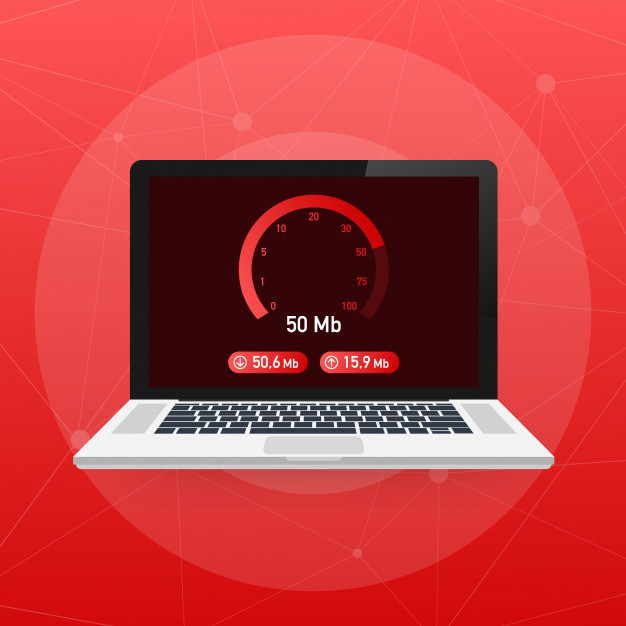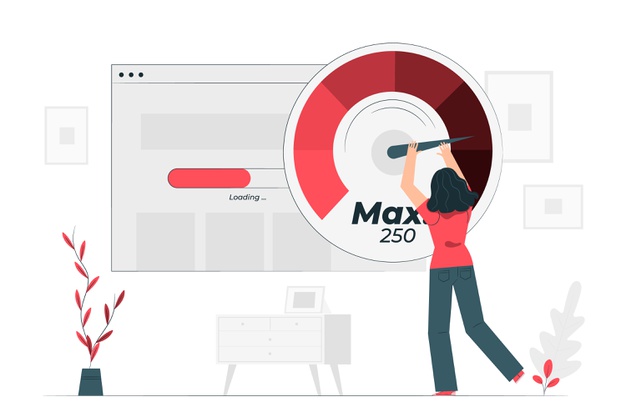
5 Tips To Improve Your Web Security During Covid-19
- April 30, 2020
- 0
There is a massive increase in the amount of online usage as people stay home for an extended span. E-Commerce purchases are also rising up to 40% during the time. People are scared of going out and are looking for ways to maintain their everyday routines from home. This swell of web activity summons for a strong web security solution.
Unfortunately, we see two important problems with this increase in online activity. The first is that some websites cannot manage the growth in activity and are going offline. This is simply fixed by having a solution that can respond to the increase in bandwidth and automatically deploy additional servers that can handle all the requests. The other problem which we are witnessing is ill-disposed organizations taking benefit of the situation and attacking the websites. Hackers see what we see and they recognize that companies are depending on their web activity.
As we do not know what the future retains for us and how long will we need to cope with these new practices, having an advanced security solution is a must in these times. You need to make sure that it protects you from whatever trespassers toss at you.
Hence, we thought to share with you a few tips to improve your security, particularly during this Coronavirus.

Secure APIs
Mobile applications are on full swing. Most major organizations offer their customers a mobile app. Some of them, for example, banks allow customers to do almost everything via the application and they can almost entirely avoid physically going to the bank. This is a fabulous feature in general but even more when we see this in the respect of staying home during the lock downs and social distancing. When we spoke earlier about the rise in web activity we need to recollect that there is a direct relationship with enhanced activity in mobile applications. let’s take our own example, we all do a lot of activities through the mobile app every day. When we talk about mobile web applications we are mentioning about APIs, the communication protocol within the application and the website. Many people do not understand that the API is a potential security breach. There are many attacks that can be ran via APIs, for instance Injections Attacks, DoS/DDoS Attacks, Authentication Hijacking, Data Exposure, and much more. Securing API endpoints from hostile usage is quite a hurdle. In many ways, API security is distinct from typical approaches to web security. Attacks may not be detectable within the incoming requests. Many forms of API abuse are based on requests that looks legitimate. Protecting APIs is a must, particularly during this tough times. Invest in API protection from the development stage itself if possible.
Cloud Migration
The Cloud is the absolute future that is going to stay. But, when we are viewing the cloud in the circumstances of cybersecurity, we are speaking about hosting your website and your data on the cloud. Unluckily, there are many companies that are still using on-premises solutions and servers. With Covid-19, we saw how critical it is to have your solution on the cloud. Websites that are swiftly defeated with traffic can add extra servers within a few clicks or even automatically. This will enable them to stay alive and advance to supply service to their customers. But it is more influential when it comes to security. A DDoS attack is an attack that tries to slow down your site and even take it off the air by sending uncountable number of requests, burdening the servers, and finally crashing your website.
Needless to say that if your solution is hosted locally you cannot buy another server easily. It takes time. A cloud-based security solution can ensure that you will always have sufficient resources to stay on the air and secure your site from any attack without slowing down. By bringing extra resources online instantly and automatically, a cloud-native solution can manage anything coming your way.
VPN
A result of having people work from home and using online services more than ever is the higher usage of VPN services. There can be many reasons for this rise. The most probable cause is that many web services are blocking unknown IPs, thus forcing people to use a VPN service. There are many VPN services available, both free and paid services. This is fine and good for private use but for people working from home, it is a different story.
A VPN gives end-to-end encryption for your connection to the internet. When we are addressing a company, the VPN grants a secure connection for the employees no matter where they are connecting from. So even when they are using their home network, surfing from a coffee shop, or even using open free wifi, a VPN will ensure their connection and keep your internal servers secure.
Total Transparency
An advance in web traffic is excellent! You get more visitants that improve your business, but you have to remember that with it, there is a potential for a rise in ill-disposed traffic. Let’s say you are an online business website owner. It is good to know from where your customers are logging in. Google Analytics can provide such details. But there are some services that complete this data and can give you an even more extensive look at your traffic. You can discover how many users are human and how many are bots, if they are following a proxy or using TOR, and more. You can study what countries are most frequently obstructed on your website, or in the case you are under attack you can see where the attack is originating from. Some security solutions will give you this information and some will also enable you to prevent specific traffic in advance so you can preserve bandwidth.
Managed Security Solution
During the last few weeks, we are witnessing a notable rise in the usage of online services such as e-learning, online retailers, various online activities, etc. As a result of people staying at home and with all the new guidelines of social distancing, people are pushing their days online. People buy more through online, they are working from home via different online meeting services, etc. Normally, more traffic means that you need to add computing power to tackle it, which means more servers. Many online retailers are provided for this situation and can support a large boost in traffic. But, there are some that are inexperienced and this added traffic can cause their websites to fight and even go offline, which makes a huge loss these days. Online retailers are not the only ones to ache from this. Government services and important infrastructure websites also suffer. For instance, one of the negative outcomes of Covid-19 and social distancing is the number of people who were sent on unpaid leave or even laid off. Due to this, there is a huge rise in the number of people signing up for unemployment and with the new social distancing guidelines, people signing up online.
While more people are using online services, the websites were not created to handle so much traffic at the same time. An immediate intervention of the security team may prevent the site from going down.
This is a difficult time and we are not sure that the most acute is already behind us. But like any major life-changing experience, if we plan for it we will win. We cannot foretell what will happen next but we can assure you that if you follow these tips you will be able to save valuable time and funds and most importantly, you will keep your web assets protected during this event.
Are you dealing with a slow website? Ain’t you fed up finding a good solution for it? Why don’t you try ApacheBooster this time, it comes with all the benefits of Nginx and Varnish!




